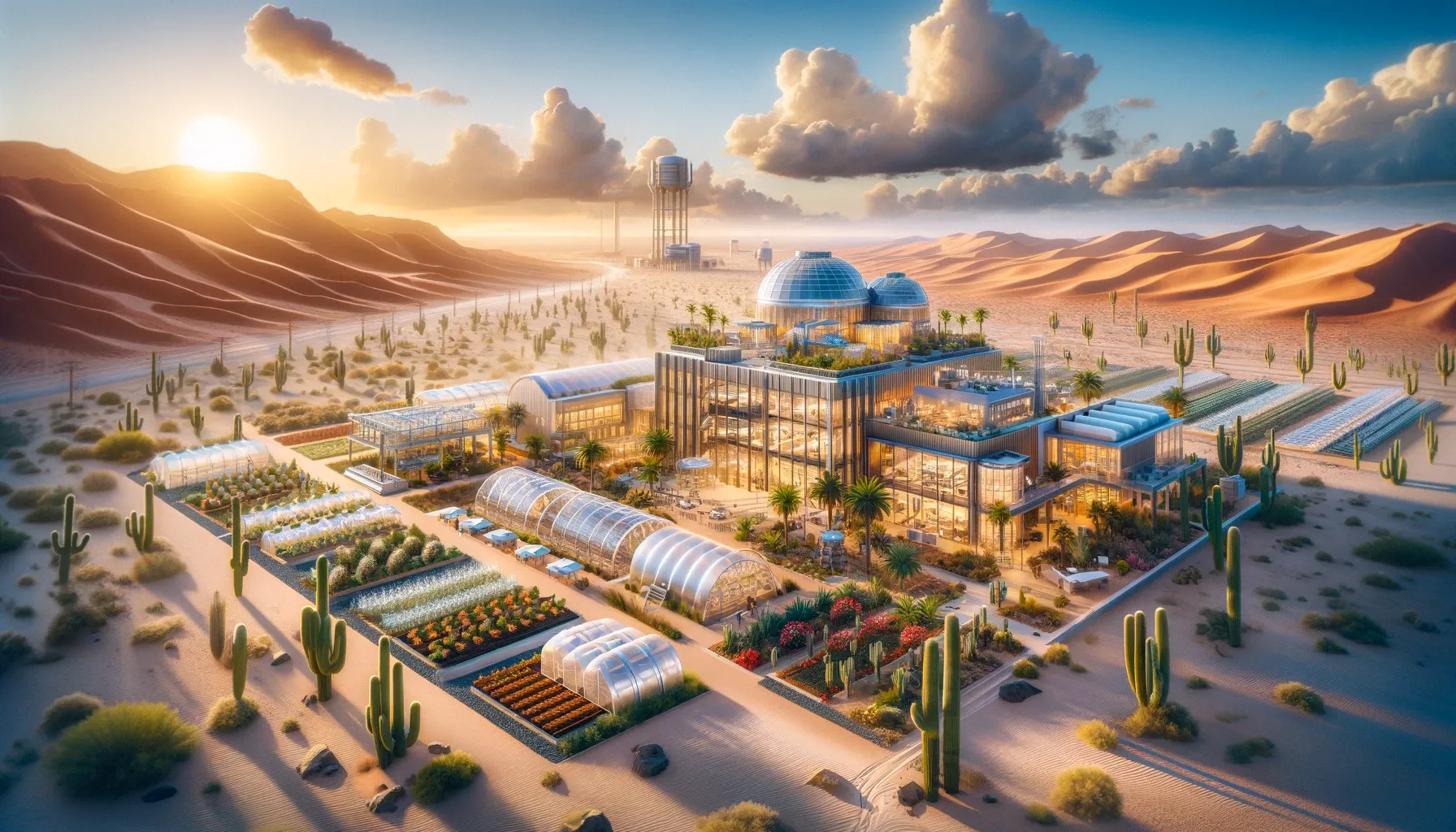University of Arizona’s Commitment to Sustainable Agriculture
Establishment of the Presidential Advisory Commission
In response to the pressing challenges of a rapidly drying climate on agriculture and food systems globally, the University of Arizona (UArizona) is spearheading innovative solutions. The Presidential Advisory Commission on the Future of Agriculture & Food Production in a Drying Climate, initiated in December 2022 by President Robbins, is a collaborative effort involving experts from the university, agriculture, food production, and water industries. The Commission’s goal is to position Arizona as a leader in climate-resilient agricultural practices and food production technologies.
Key Recommendations from the Commission Report
The Commission’s recent report outlines five strategic actions:
1. Launching the Institute for Sustainable Food, Water, and Agriculture Systems (ISFWAS)
Recognizing the need for an integrated approach, the ISFWAS will emerge as a central hub at UArizona. It will focus on interdisciplinary solutions at the nexus of food, water, and agricultural systems, striving to achieve collaborative breakthroughs across technical, policy, and human dimensions.
2. Establishing the Center for Soil Health (CSH)
With soil health as a vital aspect of sustainable agriculture, the CSH will concentrate on regenerative practices. Unique to the CSH will be its inclusive structure, integrating producers into its research and decision-making processes.
3. Developing Innovation Hubs Across the State
To bridge the gap between idea generation and practical application, UArizona plans to create innovation hubs at Maricopa (MAC), Yuma (YAC), Campus Agricultural Centers (CAC), and Biosphere 2 (B2). These hubs will foster collaboration between university faculty and external partners, accelerating the journey of innovative technologies from concept to commercial use.
4. Strengthening Partnerships with Tribal Agriculture
The Commission underscores the importance of deepening collaborations with Tribal communities, known for their expertise in sustainable agriculture in arid environments. These partnerships, rooted in mutual respect and knowledge sharing, will adhere to the principles of Tribal Consultation in line with University policy.
5. Building Global Collaborations in Arid Regions
Given that drylands constitute a significant portion of the Earth’s surface and food production, UArizona aims to enhance its global influence by establishing strategic partnerships with institutions in arid regions worldwide. This initiative will focus on addressing critical water, agriculture, and food sustainability issues on a global scale.
The Way Forward for UArizona
These initiatives represent UArizona’s proactive stance in addressing the challenges of agriculture and food production in a drying climate. By leveraging interdisciplinary research, global partnerships, and innovative technologies, the university aspires to lead in the development of sustainable solutions for arid environments, both locally and globally.

